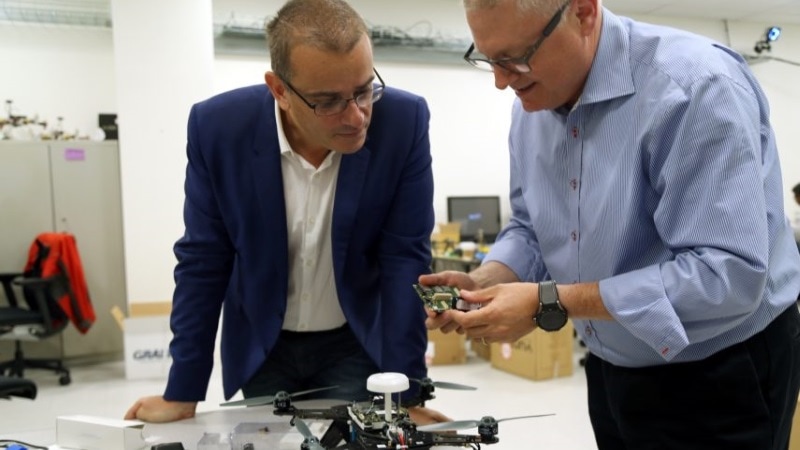
Intel announced Project Euclid, at its Intel Developers Forum last month, based on company’s RealSense perceptual computing platform. With this announcement the company made it clear that it is serious about the concept of computer vision. Now, the company has gone ahead further and announced that it is going to acquire computer vision chipmaker Movidius.
Movidius as a chipmaker is not an unknown entity in the industry as it is already working with companies such as Google, DJI, FLIR, and Lenovo to provide its vision technology to various electronic devices such as drones, security cameras, AR/VR headsets etc.
Movidius, interestingly, provided the computer vision chips used in the first generation of Google Project Tango devices, including the first commercial Tango product, the Lenovo Phab 2 Pro. Its hardware helps map surroundings using 3D tools like cameras and sensors. The company also provided chips for the collision avoidance system on the DJI Phantom 4.
In a note regarding the acquisition, Movidius CEO Remi El-Ouazzane said that the company will remain focused on its objective to provide vision to machines but will now have the resources to innovate faster and execute at scale.
(Also see: Your Android Smartphone Could Soon Recognise People and Objects Around You)
“With Movidius, Intel gains low-power, high-performance SoC platforms for accelerating computer vision applications. Additionally, this acquisition brings algorithms tuned for deep learning, depth processing, navigation and mapping, and natural interactions, as well as broad expertise in embedded computer vision and machine intelligence. Movidius’ technology optimizes, enhances and brings RealSense capabilities to fruition,” Intel’s Senior Vice President and General Manager of the New Technology Group Josh Walden said in his editorial.
Walden further said that specifically, the company will look to deploy the technology across its “efforts in augmented, virtual and merged reality (AR/VR/MR), drones, robotics, digital security cameras and beyond.”
“Computer vision will trigger a Cambrian explosion of compute, with Intel at the forefront of this new wave of computing, enabled by RealSense in conjunction with Movidius and our full suite of perceptual computing technologies,” Walden added.
A spokesperson from Intel has told The Verge that all of the 180 employees at Movidius will be “integrated” into Intel’s Perceptual Computing group.
[“source-gadgets.ndtv”]